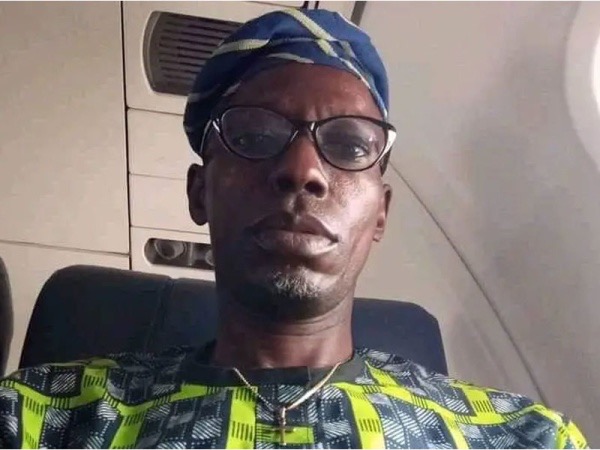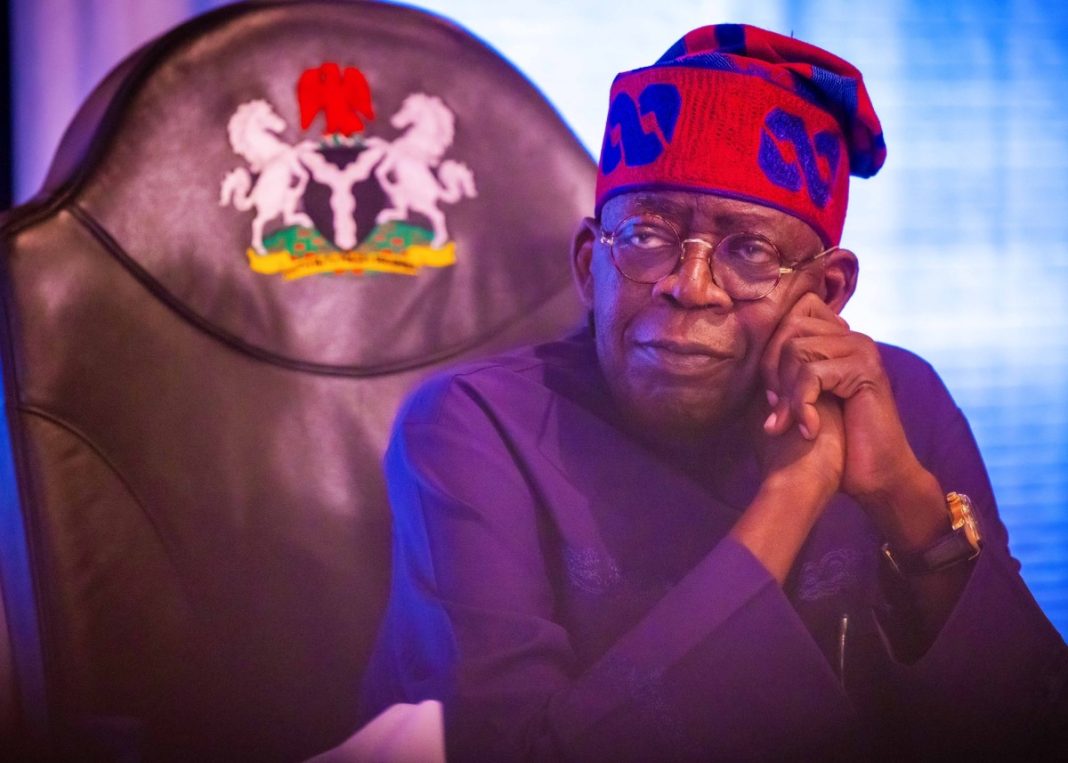ABUJA, Nigeria – Segun Olatunji, the editor of First News Online Newspaper, has been released from custody by the Defence Intelligence Agency (DIA) after approximately two weeks of detention.
The circumstances surrounding his release, which occurred under a bridge in Asokoro, Abuja, to Iyobosa Uwugiaren, the General Secretary of the Nigerian Guild of Editors (NGE), and Yomi Odunuga, the Deputy Editor (Nation’s Capital) of The Nation Newspapers, were cloaked in secrecy, with security operatives donning masks and using vehicles with covered number plates.

The release process, characterized by heavily armed operatives and conducted inside a security vehicle on Thursday morning, March 28, 2024, raises serious concerns about the transparency and legality of such detentions.
According to sources present at the release, the reason provided by one security officer for Olatunji’s arrest was simply “terrorism,” a charge that had led to his abduction and subsequent confirmation of detention by the federal government.
The federal government acknowledged Olatunji’s location in a DIA detention facility after inquiries about his whereabouts.
Efforts to secure his release were communicated to Daniel Iworiso-Markson, the Publisher of FirstNews, by the Minister of Information and National Orientation, Mohammed Idris.
he Minister, alongside the National Security Adviser, Nuhu Ribadu, faced initial denials from the army regarding Olatunji’s detention, which was later attributed to the DIA under Major General Emmanuel Undiandeye’s command.
The circumstances of Olatunji’s detention and the government’s delayed acknowledgment of his situation spotlight ongoing issues with freedom of the press and the relationship between the media and state security agencies in Nigeria.
This incident has drawn significant attention from media organizations and human rights groups. Activists have called for the nationa’s policiting without compromising journalistic freedom and human rights.
This event not only challenges the Tinubu administration’s efforts to foster a positive relationship with the media but also prompts a reevaluation of the mechanisms by which security agencies operate within the framework of the law and democratic principles.







